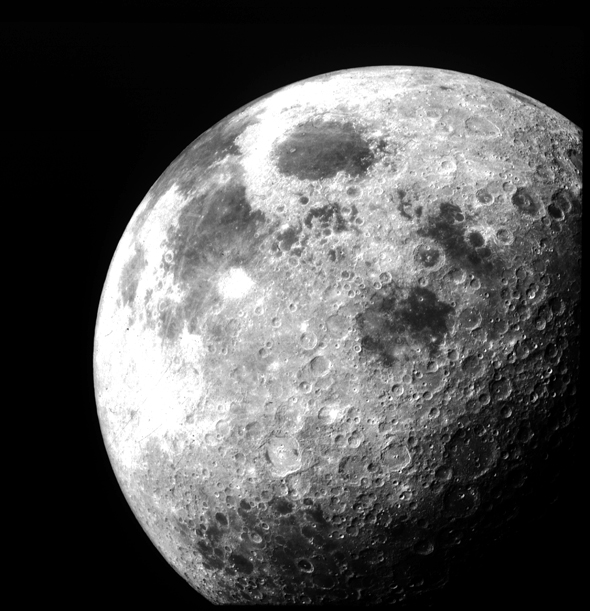The story opens in space. It is the nearish future. The earth is threatened by an approaching hunk of rock. Only NASA can stop global devastation. But the space rock turns out to be a spaceship.
Ocean of Night starts strong. It has a fairly compelling main character in Nigel Walmsley: astronaut, dreamer, renegade. The book launches right into it with its initial high stakes scenario. Unfortunately, the rest of the story never quite reaches the heights of the first section.
There are three main sections to Ocean of Night. The first involves the confirmation that intelligent extraterrestrial life exist. Nigels main nemesis in the section is a high level bureaucrat.
The next and longest section involves first contact. It mainly takes place on earth. Benford takes the time to flesh out a mildly interesting future, a future of widespread poverty, pollution, looser sexual mores. Nigel is fleshed out quite well, although for me, he never quite became likable. Nigel is a curmudgeonly Mary Sue (a Mary Sue is an always correct character) bold unflappability is cool, but grating. This is where the reader discovers political maneuvering the meat of the book. Which is... OK. Its fine. The main villain turns out to be a high level bureaucrat.
Pictured: The Moon.
The last section deals with ancient alien visitors. It ultimately comes down to Nigel confronting a high level bureaucrat... on the moon. Also Bigfoots are 'involved' in the most haphazard "why the fuck not?" way. This last quarter the book wore on me to be honest. The tension at this point had dwindled to basically nothing. Data entry on the moon is pretty boring it turns out. I can forgive the hoary old trope of ancient aliens meddling with humanity. But throwing in Bigfoot... it renders almost everything in the book retroactively cheesy and silly.
In summary, In the Ocean of Night is three quarters of an alright book. Its written in solid style, with solid characters and conflicts. But it never hits any true highs. Even the science fiction of it can be said to be solid without the soaring heights that the discerning sci-fi reader lives for. My verdict: you can read In the Ocean of Night and derive some enjoyment from it. But it can easily be given a miss.
1 out of 2 space committees.
.jpg/200px-InTheOceanOfNight(1stEd).jpg)
